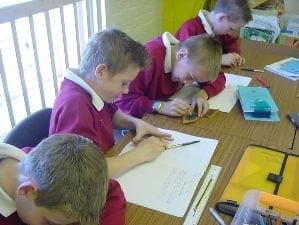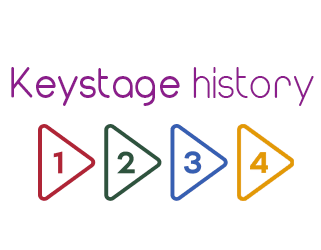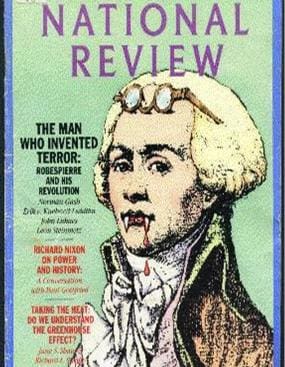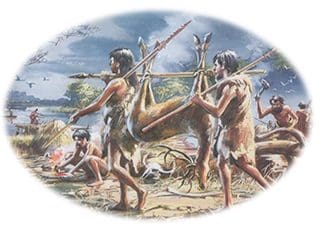
Scanning through a number of KS2 history websites recently, I realised just how narrow a view of history was being presented. Although the material was attractively presented, the opportunities for pupils to learn history in a genuinely enquiry-driven way were extremely limited. Often the problem lay with the restricted nature of the questions being asked. Here are the 10 questions which pupils are being asked to study on one popular KS2 website. It won’t take you long to see what they have in common. It is a far cry from the vision of history with its focus on enquiry and interpretations of the past that underpin Keystage history. There is nothing wrong with these questions ,being something that pupils investigate at different times, but they need far to more in order to grasp the nature of history as a discipline and why it has such an important part to play in the KS2 curriculum.
It is seeing close questions like these driving the teaching and learning that keeps me motivated to add new material to the already massive site. You need to plant enquiry questions in the KS2 history garden which are open enough to enable pupils to enquire for themselves and make their own meaning. Not only is this approach far more fun and likely to develop a broader range of important skills it is much more akin to what history is as a discipline. Just getting pupils to answer these questions and will help pupils to find out more about the past but very little about how it was constructed and why we have competing views of the past. If we don’t do this at KS2 pupils will be in for a massive shock at KS3 and 4. If we don’t do it in secondary school, students will be in for an even greater shock when they try to make sense of the world around them with all its alternative views, many of them dangerously misleading.
- Who were the Anglo-Saxon invaders?
- Why did the Anglo-Saxons want to settle in Britain?
- What was it like in an Anglo-Saxon village?
- What kind of clothes did the Anglo-Saxons wear?
- How was Anglo-Saxon Britain ruled?
- Who was Alfred the Great?
- What was Anglo-Saxon food and drink like?
- How did the Anglo-Saxons write things down?
- How did the Anglo-Saxons find out about Christianity?
- What was the mystery of Sutton Hoo?
So, if you are looking for more advice on getting your enquiry questions right, go to the medium-term planning section of the site.
In terms of the questions above, question 3 for example ,where are the second part of the question : and how do we know?
Where is the engagement with interpretations? Surely question 6 should be opened up to ask if Alfred was really Great.
Surely question 10 has a far better chance of deepening pupils’ historical understanding if it is re-focused to read :” How can we learn so much about Saxon life from the Sutton Hoo ship burial?







